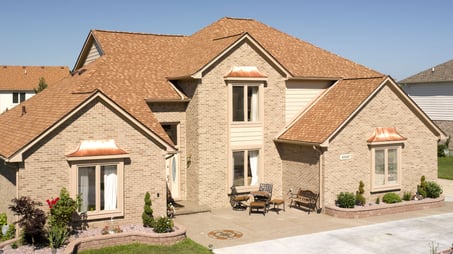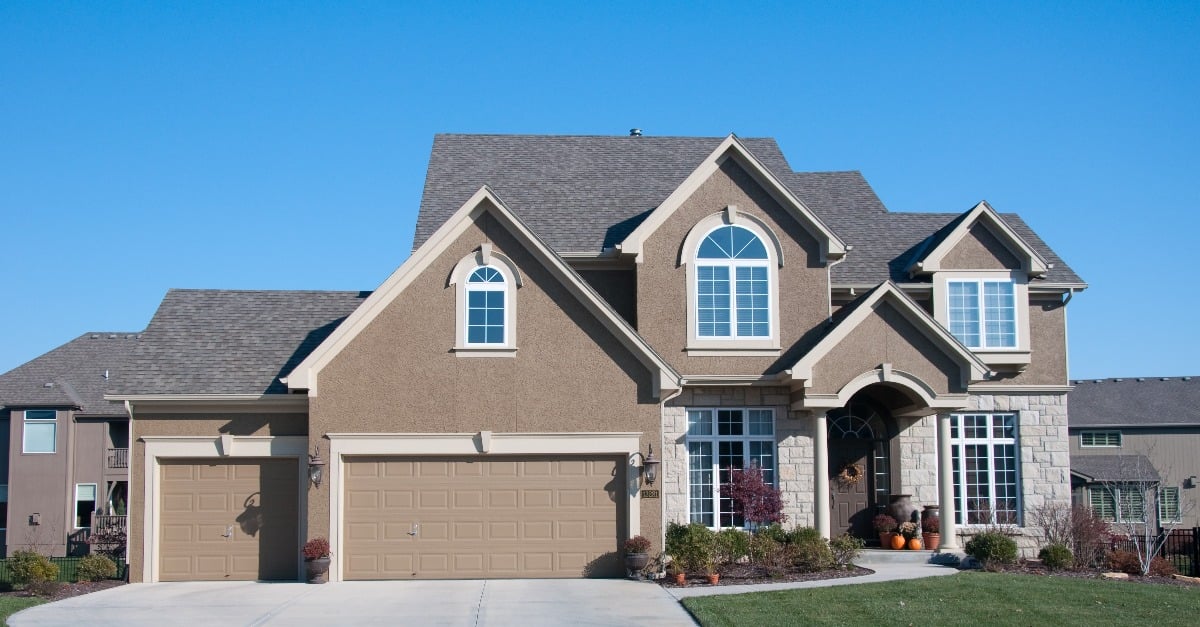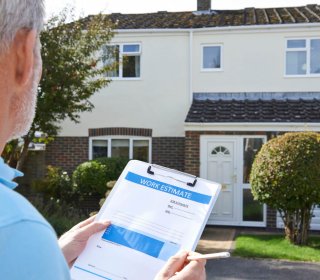If you are in the market for a roof replacement, be prepared to pay more than you would have paid last year.
We recently received an Email from our material supplier saying that all the manufacturers will be raising prices 4% - 6%, effective May 15, 2023. Based on what we've seen the past 3 years, I'm sure that this will be the first of 2 or 3 price increases this year.
The cost of roofing materials today is already 20-25% higher than it was this time last year, so it’s best to get your roofing work done sooner rather than later.
Another important consideration is that if you're filing an insurance claim for the replacement of your roof, your out-of-pocket cost is likely to only be your deductible. This is assuming you have full replacement cost coverage on your insurance policy, meaning your insurance company will cover the full cost of the replacement. There's no need to worry about the ultimate price to replace your roof because your insurance company will pay for it, except for any maintenance issues that need to be addressed, such as if the roofer discovers any rotted wood during the replacement, for instance; that may fall under your responsibility to pay. Similarly, if you want to upgrade to a better roofing material, that cost will also be an out-of-pocket expense.
In this blog post, I'll explain what you can expect to pay for a roof on a standard, simple, one-story house with a roof that's around 2400 square feet, but first, it's necessary to explain the 5 factors that could cause the price of your roof replacement to be higher than what you may expect.
#1 - ICE & WATER SHIELD
In roofing projects, the price of adding ice and water shield to your roof could increase the final cost by a significant amount. If your area requires it by code, then the price will go up from the standard base price. Additionally, less material will be required if it is only required at the eaves of your house compared to when it is needed in the eaves, valleys, and along all the walls. Depending on the amount needed, the final price to add ice and water shield could increase from about a thousand to three thousand dollars.
It's important to keep in mind that adding ice and water shield will increase the final cost of your roofing project.
#2 - COMPLEXITY
When it comes to replacing your roof, the complexity of the roof is a major factor that affects the overall cost. A complex roof is one that is high, steep, or has many angles and facets. Such a roof requires more labor and can result in a higher waste factor for materials.
result in a higher waste factor for materials.
On the other hand, a simpler roof is less expensive to replace. If your roof is complex, you can expect to pay anywhere from $300 to $2,000 or more. The final price will depend on the specific features of your roof. It's important to take these factors into account when budgeting for a roof replacement to avoid any surprises.
#3 - DECKING
Decking refers to the wood underneath the shingles that the shingles are nailed to. The condition of the decking is an important factor that can impact the standard base price. If the decking is in poor condition, it will have to be replaced, which could be a relatively inexpensive job if only a few boards need to be replaced. However, if the entire roof deck needs to be replaced, it could be a costly undertaking that might cost several thousand dollars, especially if the price of wood is high. Additionally, if the decking doesn't meet current code in your area, the jurisdiction may require that the entire roof be re-decked, further adding to the cost of the job.
#4 - LAYERS OF MATERIAL
The number of layers of roofing material on your roof is an important factor to consider. If there are multiple layers of underlayment or shingles on your roof, all of that extra material will need to be torn off and disposed of, adding extra costs for labor and disposal. Depending on how many layers of material there are, this could add anywhere from a few hundred dollars to several thousand dollars to the cost of your project.
For example, some older homes have had one layer of wood shingles covered by four layers of asphalt shingles. This extra weight increases the disposal cost as it fills up the dumpster faster and adds to the weight that must be put into the landfill. If you have multiple layers of material on your roof, that will increase the cost of your roof replacement.
#5 - ACCESS TO YOUR HOUSE AND ROOF
The fifth and final factor to keep in mind is access to your rooftop. If the delivery truck cannot be parked close enough to your house, the materials may not be able to be "roof-loaded," but be put on the ground and manually carried up to the roof.
Similarly, if the labor crew cannot get a dump trailer close enough, the old roofing material will need to be thrown onto the ground and hand-carried to the trailer.
All of these extra labor costs add up, and depending on the size of your roof and the amount of materials involved, they could increase the cost of the project by a few hundred dollars or even over a thousand dollars.
THE BOTTOM LINE - What Will A New Roof Cost In 2023?
Replacing a roof is a big investment, and it's important to understand the factors that can affect the cost. One factor is inflation, which is currently driving up the price of roofing materials. Roofing materials now cost between 20 and 25% more than they did at this time last year, and it's likely that prices will continue to rise.
In general, in the market which I serve, to replace a standard single-story roof of about 2,400 square feet, it costs between $5.50 and $6.50 per square foot. That means that you can expect to pay between $12,000 and $16,000 for a new roof on that standard house I've described for our example.
It’s essential to note that roofing material costs and labor charges can vary based on your location. In the Colorado Springs Market, where we serve, material and labor costs may differ.
In summary, if you are considering a roof replacement in 2023, expect to pay more due to rising roofing material costs. The cost of the roof replacement will depend on several factors, including roof size, complexity, and material quality. Keep in mind that your insurance company will cover the cost of the roof replacement, minus the deductible, if it’s part of an insurance claim. However, you will need to pay out of pocket for any upgrades or maintenance issues.




